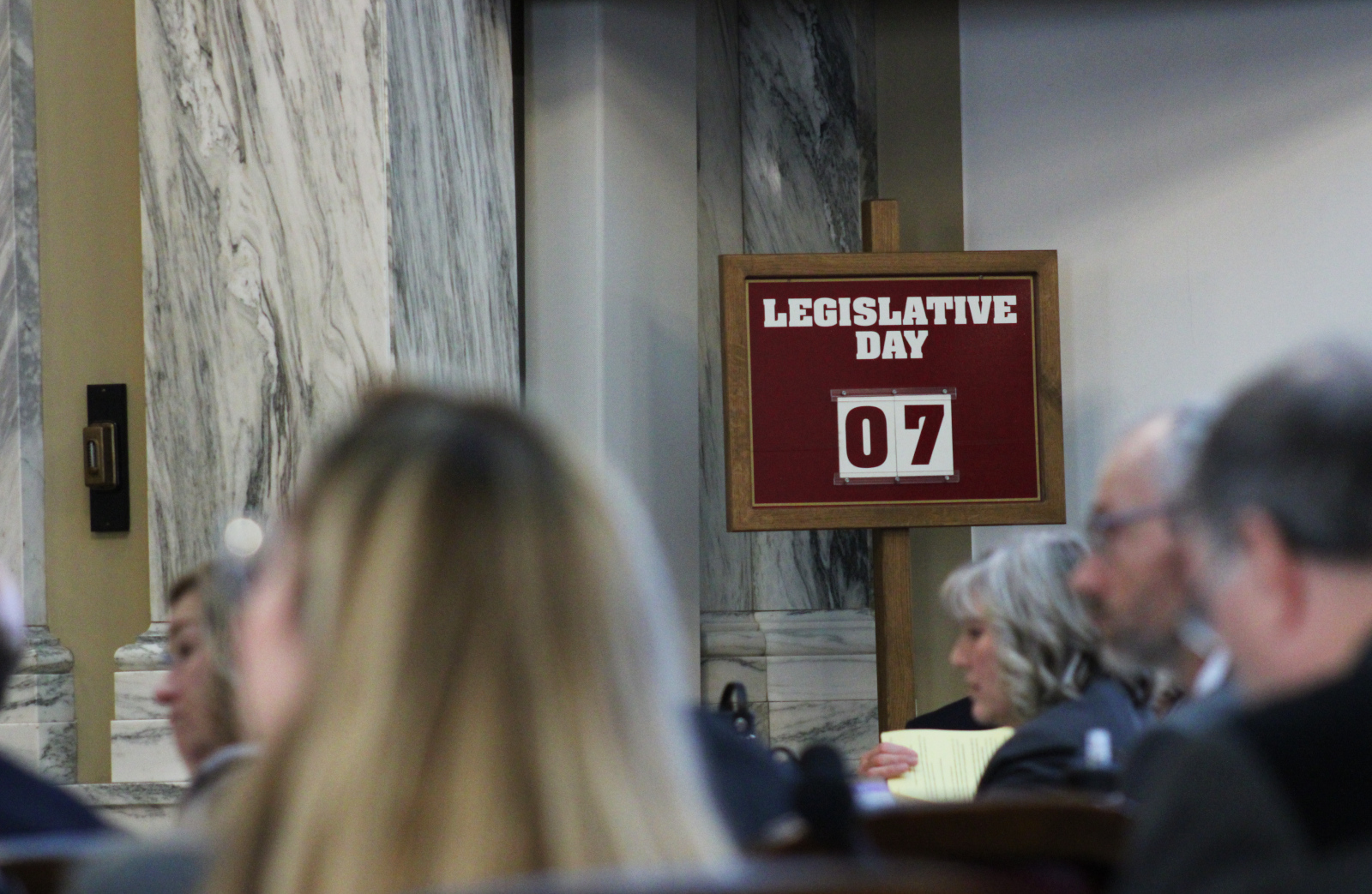Health Stakes Rising: How Medicaid Expansion Could Reshape State Policy Landscape

As Montana approaches 2025, the healthcare landscape is set for a critical showdown with Medicaid expansion taking center stage. State lawmakers are signaling that comprehensive healthcare policies will be thoroughly examined and potentially reshaped during the upcoming legislative session.
The Medicaid expansion debate, which has been a contentious issue in Montana for years, is poised to reignite discussions about healthcare access, affordability, and coverage for thousands of vulnerable residents. Legislators are preparing to scrutinize every aspect of the current healthcare framework, with potential significant changes on the horizon.
Key stakeholders, including healthcare providers, policy experts, and community advocates, are already gearing up for what promises to be an intense policy deliberation. The stakes are high, as the outcome could dramatically impact healthcare services for low-income Montanans and the state's overall healthcare infrastructure.
With the 2025 legislative session approaching, all eyes are on how lawmakers will navigate this complex healthcare policy landscape, balancing fiscal considerations with the critical need to provide accessible medical care for the state's residents.
